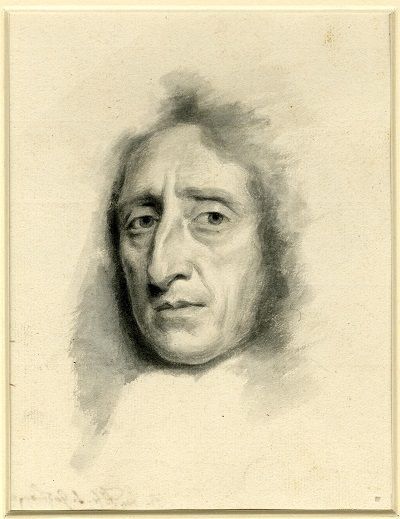Liberty Matters
Property, Freedom, and Equality

Van der Vossen argues that the principle that we should keep what we make is constructive for structuring the system of property and contract that constitute and regulate commercial societies. In my original response essay, I noted that there is (and, not without some intuitive plausibility) slippage between getting to keep physical objects that we make with our own efforts, out of materials no one else has a claim to ex ante, and getting to keep the total quantity of money one might happen to get in exchange for it. No doubt, a plausible theory of distributive justice could be constructed to buttress this, but such a theory would surely centre of desert and not on freedom and equality.
Van der Vossen replies that, contrarily, getting to keep the total sum of whatever another person agrees to part with in exchange for that which we have made, is simply our getting to keep our own property. Whatever another person agrees to part with for the sake of what we are offering them just is our property because, in some extended sense, we made it (or at least, its quantitative analogue). For a third party to intervene and take a portion of that payment for themselves would be for them to violate our status “as free and equal beings.” I agree that taking someone else’s legitimate possessions does indeed so violate her, but only because I endorse an account of legitimate possession that itself is reflective and expressive of that status.
In order to complete his argument, I believe, van der Vossen needs to show why a person is entitled to or naturally owns however much money a person is willing to pay them for the work of their hands on the basis of freedom and equality. To invoke freedom and equality only after the question of property is settled is to not ground property acquisition in freedom and equality, but for freedom and equality to presuppose a property settlement.
If the claim is that, in imposing some tax on exchanges, the parties to the exchange have their control of their labour – and hence, their bodies and their choices – violated, then this would be a promising view. If a right to control oneself implies that one’s exchanges cannot be taxed, then given that a right to control oneself can plausibly be grounded in freedom and equality, then the full-fruits principle is vindicated on those grounds also. However, it is not clear why my right to determine what I do with my hands implies that I have a right to the full amount of what another person estimates its value at, on this view.[1]
Endnotes
[1] See for example John Christman’s distinction between control rights and income rights John Christman, ‘Self-Ownership, Equality, and the Structure of Property Rights’, Political Theory 19, no. 1 (1991): 28–46.)
Copyright and Fair Use Statement
“Liberty Matters” is the copyright of Liberty Fund, Inc. This material is put on line to further the educational goals of Liberty Fund, Inc. These essays and responses may be quoted and otherwise used under “fair use” provisions for educational and academic purposes. To reprint these essays in course booklets requires the prior permission of Liberty Fund, Inc. Please contact oll@libertyfund.org if you have any questions.